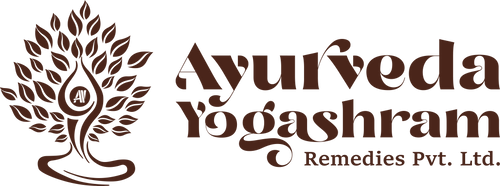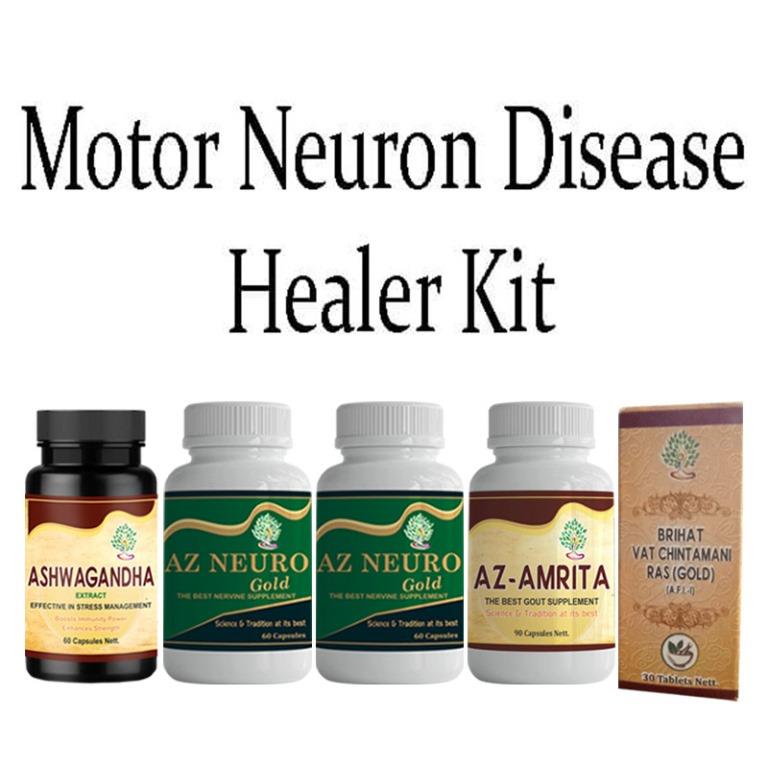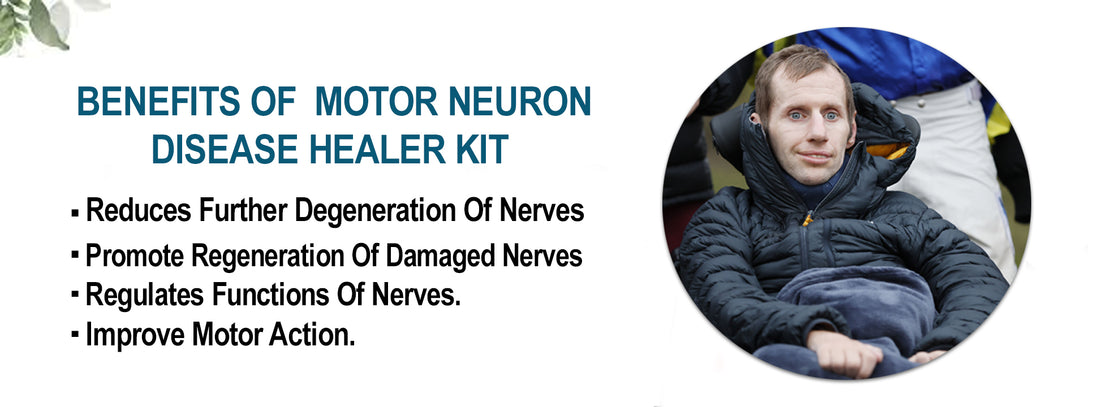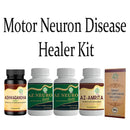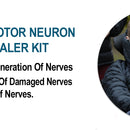Motor Neuron Disease Healer Kit
Motor Neuron Disease Healer Kit
These progressive disorders affect motor neurons (nerve cells that control motor activities like breathing, swallowing, talking, etc). In a normal person, the upper motor neurons (nerve cells in the brain) send signals to the lower motor neurons (at the brain stem and spinal cord), and from there, these signals are transmitted to muscles. If the signals from lower motor neurons are interrupted, the muscles become weak and thinner (atrophy) and develop fasciculations (twitches). When the signals from upper to lower motor neurons are interrupted, the muscles become stiff (spasticity) with exaggerated reflexes, resulting in slow voluntary movements. Various types of MNDs are amyotrophic lateral sclerosis, progressive bulbar palsy, progressive muscular atrophy, spinal muscular atrophy, primary lateral sclerosis, Kennedy’s disease, and post-polio syndrome. Though most of the MNDs are inherited, what causes them is still unknown. Some cases develop without any family history (sporadic). The possible reasons for non-inherited MNDs are toxicities, infections, environmental factors, etc.
Ayurvedic Concept
Aggravated vata produces several symptoms and signs like fatigue, joint and muscle stiffness (anga graha), reduced range of motion, muscle atrophy and weakness (mamsa kshaya), cold intolerance (sheeta asahishnuta), kampa (muscle twitches), problems with speaking (vak graha)/ chewing (hanu graha) etc. Vyana, udana and prana (types of Vata) are vitiated here which affect mamsa dhatu (muscle tissue) and sira (nerves and blood vessels). Treatment is focused on pacifying vata and slowing down mamsa kshaya. Internal medicines are given that can improve the functioning of brain and nerve cells, pacify vata and reduce muscle weakness. Along with this, procedures like snehana (internal/ external/ both), swedana (mild sudation therapy like pizhichil), Nasya (nasal instillation of medicine), virechana (purgation), shirovasthi (retention of medicine over the scalp), vasthi (enema with suitable drugs), brumhana (nourishment therapy like njavara kizhi), rasayana chikilsa (rejuvenation therapy) etc are provided. Supportive treatments like physiotherapy, yoga, and psychotherapy are beneficial.
Benefits

Diet
- Green, leafy vegetables. Leafy greens such as kale, spinach, collards, and broccoli are rich in brain-healthy nutrients like vitamin K, lutein, folate, and beta-carotene.
- Fatty fish. ...
- Berries. ...
- Tea and coffee. ...
- Walnuts.
Lifestyle Changes
Though the condition is not preventable, efforts to maintain data in the normal state may help a lot. They include:
- Avoid excess physical activity, bearing weight over the head or shoulders, traveling continuously, altering sleep patterns, talking loudly for a long time, etc.
- Ensure adequate rest.
- Take healthy food.
- Avoid day sleep.
- Apply suitable oil over the body and massage well.
- Avoid chances of infection, injuries, etc.
